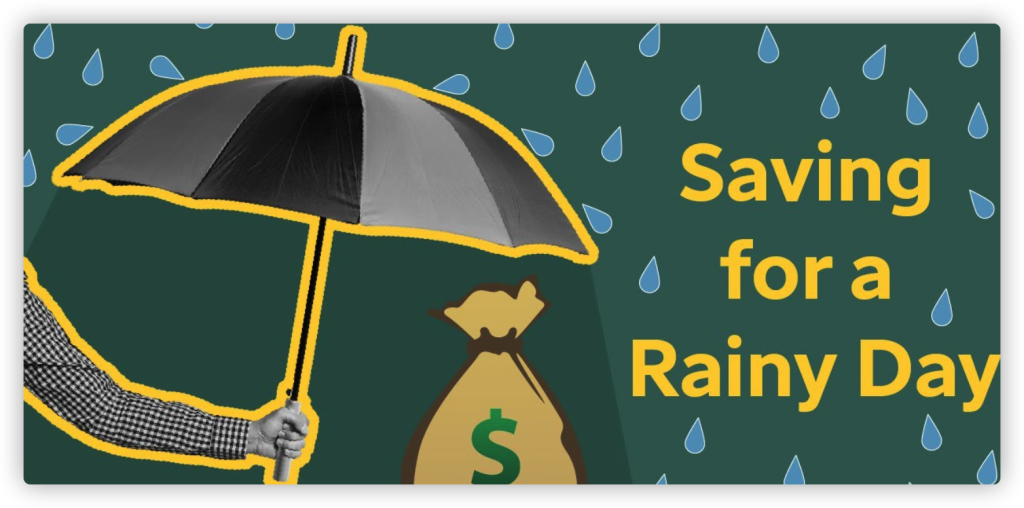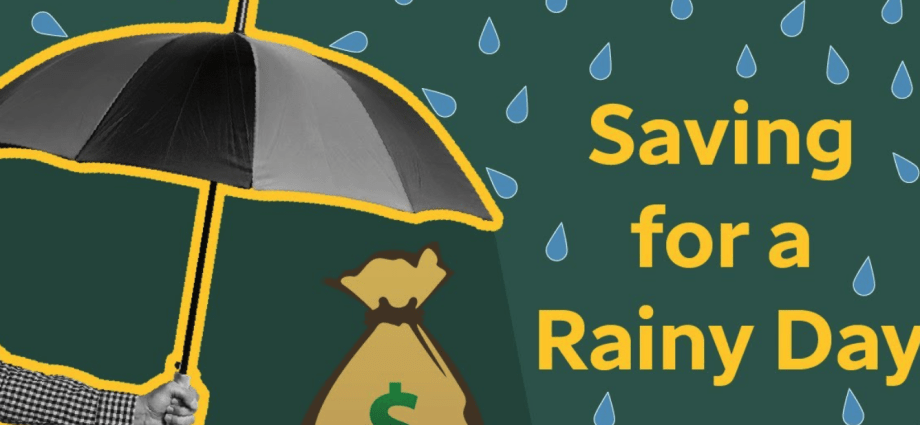
An emergency fund is a savings account that is specifically set aside for unexpected expenses or emergencies. It is an important part of a financial plan, as it can help you avoid borrowing money or using credit cards to cover unexpected costs. In this article, we will discuss the importance of an emergency fund and how to start saving for one.
- Protects against unexpected expenses: An emergency fund can provide financial security in the face of unexpected expenses, such as car repairs, medical bills, or home repairs. By having an emergency fund, you can avoid borrowing money or using credit cards, which can result in high interest charges and debt.
- Helps you stay on budget: An emergency fund can help you stay on budget by providing a financial cushion for unexpected expenses. This can prevent you from overspending or going into debt to cover these costs.
- Provides peace of mind: Knowing that you have an emergency fund can provide peace of mind and help you feel financially secure. This can be especially important in times of uncertainty or when facing unexpected challenges.
- How to start saving for an emergency fund: If you don’t have an emergency fund, it’s never too late to start saving for one. Here are some steps to get started:
- Determine how much you need: Aim to save three to six months’ worth of living expenses in your emergency fund. This will provide a sufficient cushion to cover unexpected expenses without putting a strain on your budget.
- Set a savings goal: Set a goal for how much you want to save in your emergency fund and make a plan to reach it.
- Determine where to save: Consider saving your emergency fund in a high-yield savings account or a money market account, which offer higher interest rates than traditional savings accounts.
- Automate your savings: Set up automatic transfers from your checking account to your emergency fund to make saving easier. You can also set up automatic savings through your employer or financial institution.
- Avoid dipping into your emergency fund: Try to avoid dipping into your emergency fund unless it is absolutely necessary. If you do need to use it, be sure to replenish it as soon as possible to ensure that it is always available in case of an emergency.
Conclusion
An emergency fund is an important part of a financial plan, as it can provide financial security and help you avoid borrowing money or using credit cards to cover unexpected expenses. By determining how much you need, setting a savings goal, determining where to save, and automating your savings, you can start building an emergency fund to protect against unexpected expenses and provide peace of mind.

Thank you for your post. I really enjoyed reading it, especially because it addressed my issue. It helped me a lot and I hope it will also help others.